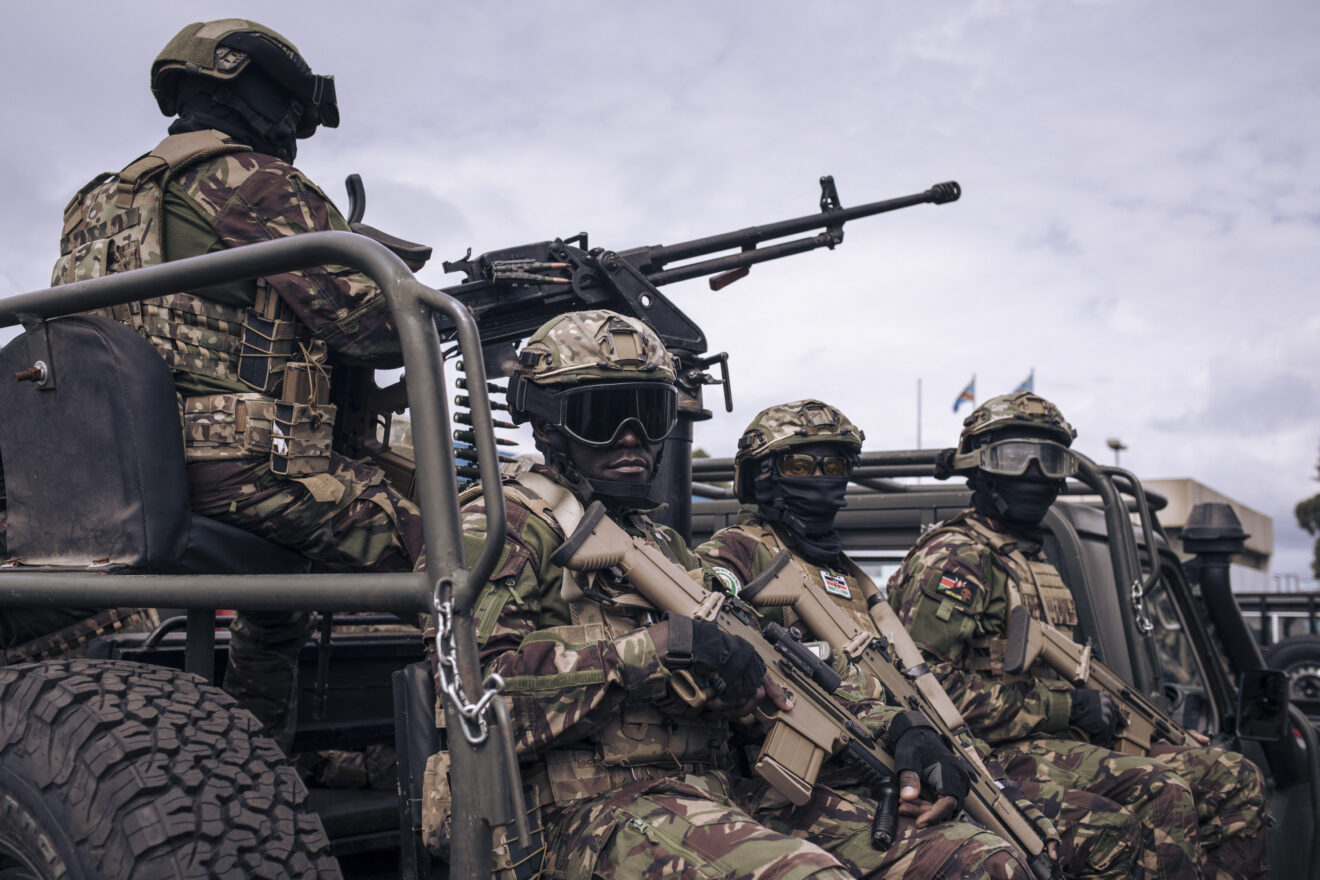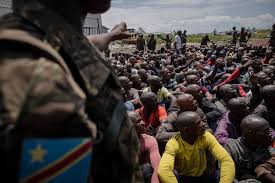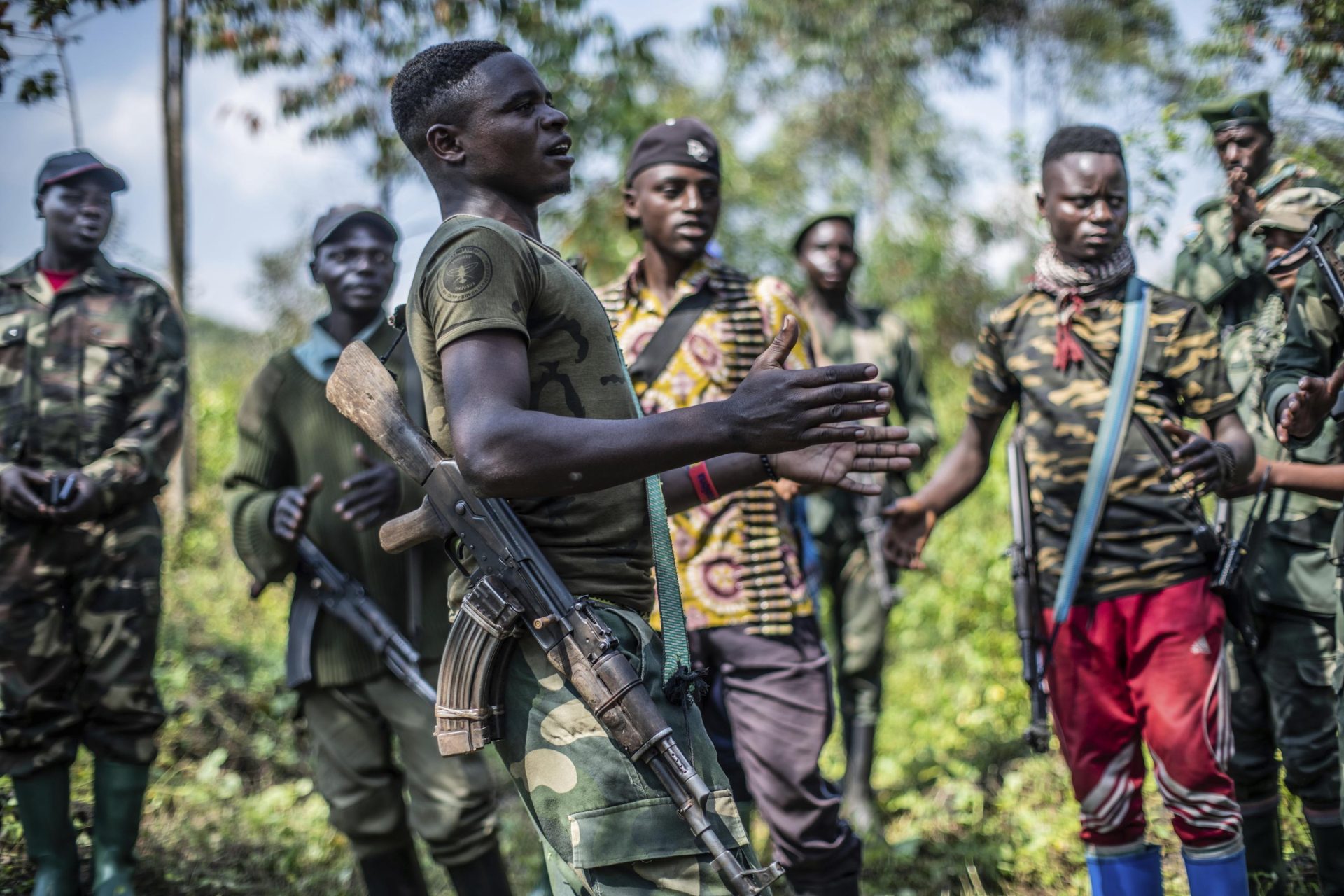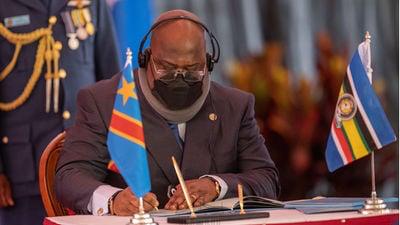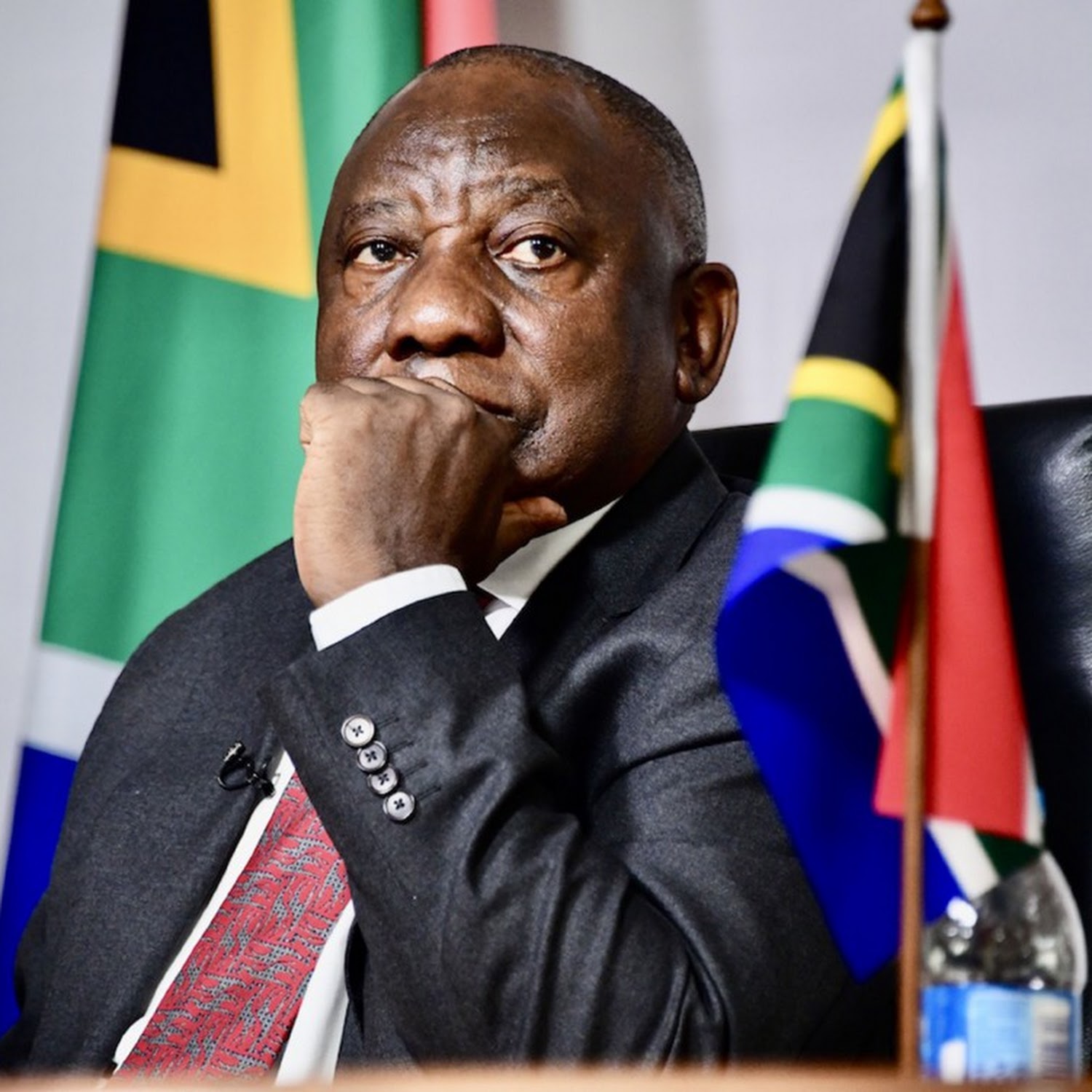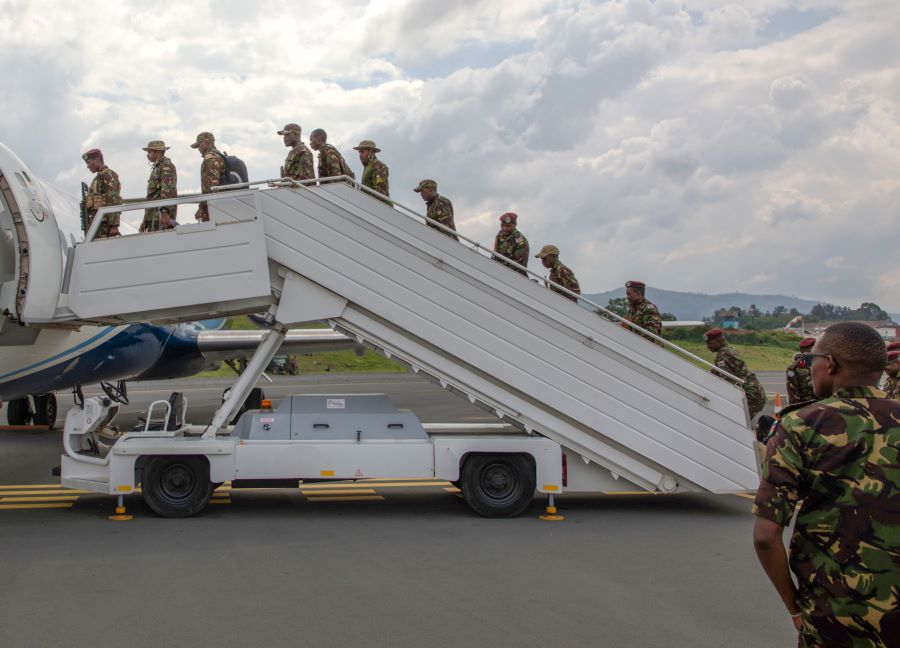Regional
Ruto calls for dialogue to resolve insecurity in eastern DRC
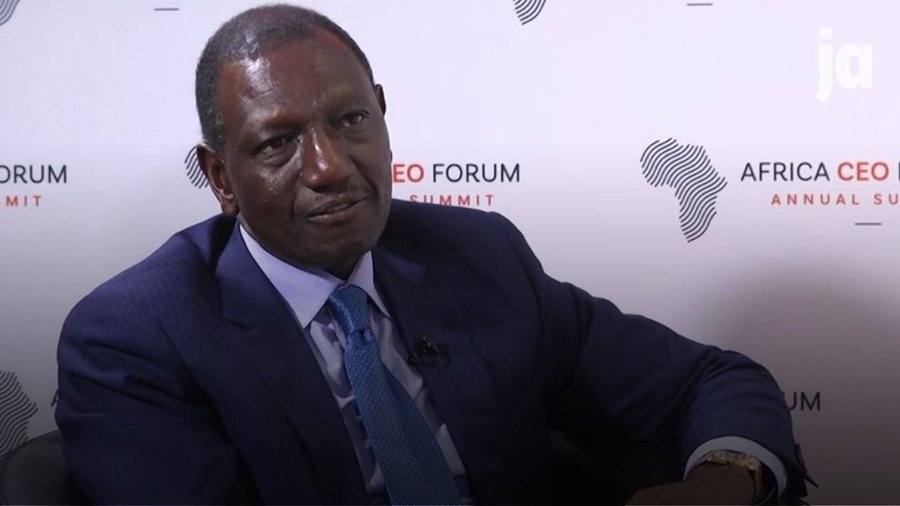
Kenyan President William Ruto.
While the government of the
Democratic Republic of Congo (DRC) blames Rwanda for its irresponsibility in
tackling the challenges of insecurity in eastern DRC, President of Kenya
William Ruto, who hosted the Nairobi Process both as Vice President and President
of Kenya, reminded him that there will not be any military solution to handling
the M23 problem.
During his interview with
Africa Report and Jeune Afrique, President Ruto, a key player in the peace
process, spoke about the solution to bringing peace in eastern DRC by engaging
the M23 rebels in dialogue.
While Congolese President
Felix Tshisekedi and his government brand the M23 rebels as Rwandan terrorists,
President Ruto, revealed that as regional leaders, they asked the DRC if M23
members were Rwandese or Congolese. The DRC confirmed they are Congolese, which
settled the question.
Ruto asked, “If they are
Congolese, how does it become a Rwandan problem?”
Not only does Kenya host the
Nairobi Process, but it also harbors more than 20,000 Congolese refugees who
were chased by negative armed groups, including the Rwandan genocidaires, FDLR.
After agreeing that the M23
are Congolese, EAC member states sent troops to facilitate the cantonment of
M23 after their withdrawal. However, Tshisekedi wanted EAC forces to kick M23
out of the DRC, which was not their mandate.
In his own words, President
Ruto said in his interview: “Kenya participated in EAC forces in eastern DRC.
They did a commendable job; M23 moved to the area they had agreed, and the cantonment
question arose. Do we go to our camps and surrender our weapons before
negotiation? Or do we enter conversation knowing what it’s all about? We
presented our grievances on the table, and it made sense to all of us. We told
the DRC government to consider conversing with their own citizens so we can
resolve this issue.”
“EAC believes that problems in
DRC cannot be resolved by force. We believe that the problem in DRC relies not
on military force but on dialogue because instruments are available. The sooner
we solve that problem, the better,” said Ruto.
In February 2023, during an
EAC summit in Bujumbura on DRC, President Tshisekedi approached Gen Jeff
Nyagah, the Kenyan Commander of EAC Regional Forces, and told him in a video
that went viral on social media: “It would be shameful if the population were to
attack you. You came to help us solve a problem, not to be part of it. Pay
attention to this, communicate with the population.”
Afterward, Tshisekedi visited
Gaborone in Botswana in May 2023, where he pushed for the Southern African
Development Cooperation (SADC) to send troops. The Congolese head of state
accused the EACRF of ‘cohabiting’ with rebels after the regional troops
declined to enter combat.
The mandate of the EACRF ended
in June 2023 and it was replaced by the SADC forces. On the SADC mission, Ruto
said: “I had a conversation with the leadership of SADC. As we exited, they
came in, and I told them there is no military solution here. Slowly, after
months, they agreed with us. There is a need to rethink whether we deploy more
troops or engage in dialogue in consultation because M23 are citizens ready to
engage with their government.”
President Ruto insisted that
the insecurity in eastern DRC is not about Rwanda and DRC, but about Congolese
citizens and their government.
President Ruto participated in
the Nairobi Process when he was Vice President, and under his mandate, he
hosted Congolese meetings bringing together negative armed groups, where M23
was excluded. These meetings had no results under the facilitator, former
President Uhuru Kenyatta.
President Uhuru gave an
example of dialogue from his own experience in Kenya, where he said that
whenever he is challenged by the opposition, he invites them to the table to
listen to their grievances, which he advised for the DRC.
President Tshisekedi should listen to his counterparts and address the root causes of insecurity in his country rather than externalize his problems. Different countries and regional organizations, such as the AU, EU, and EAC, have urged solving insecurity in the DRC by implementing the Nairobi and Luanda peace processes.



